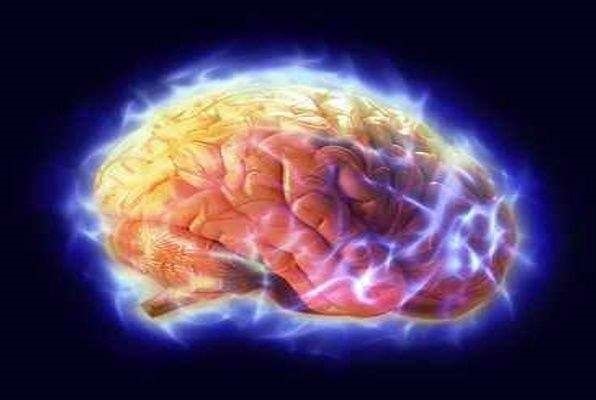How Does Psychotherapy Work?
By: Other | July 8, 2016

Written by Kelly Anderson, Ph.D.
Not surprisingly, the first time I meet someone, I am often asked “how does therapy work?” Most people I meet with both professionally and personally have either gone to therapy themselves or know someone who has. Generally, when I ask a therapy novice what they know about the process, the answer I get is some variation of the statement: You talk about your problems and get advice, right?
While a great deal of therapy is talking, evidence-based therapies, such as Cognitive Behavioral Therapy (CBT), use strategies that work to make changes on a neurological level. In other words, there is strong support to suggest CBT changes your brain. The techniques used by CB therapists have been carefully examined for many years in a number of different ways. CBT has been found to be one of the most widely supported therapies available for a number of concerns including depression, anxiety, Obsessive Compulsive Disorder, Posttraumatic Stress Disorder, substance abuse, and psychosis. (For more information about specific CBT strategies, click here).
These various mental health diagnoses can affect one or multiple areas of the brain. For example, the prefrontal cortex, which controls planning, impulse control, emotion regulation, focus and personality, has been found to be affected by depression. Neuroimaging studies have shown changes in prefrontal cortex activity pre- to post-cognitive behavioral treatment. It was concluded that these brain changes were likely what, at least in part, resulted in participants improving1. Additional studies have shown changes in brain volume following CBT in socially anxious individuals. After having received a course of CBT, the participants in the study not only reported less (or no) anxiety, neuroimaging showed decreased activity in the part of the brain associated with fear/anxiety2. Other studies have found changes in brain activity following CBT for OCD3 and even psychosis4.
These are just a few of the many available examples looking at the way that CBT creates change. While there is still a need for continued research, neuroimaging has helped the field begin to conclude that CBT can change the way your brain is functioning. These changes in brain volume, activity and neuronal connections appear to alleviate symptoms, thereby increasing quality of life.
The short answer is, yes, psychotherapy revolves around talking and sometimes advice is shared. However, it goes beyond that by providing individuals with tools that, when used regularly, may create change in the brain that allows it to perform at its best.
References
- http://www.nature.com/news/depression-a-change-of-mind-1.16325
- http://www.nature.com/tp/journal/v6/n2/full/tp2015218a.html
- http://pro.psychcentral.com/how-do-psychotherapy-and-medication-change-the-brain/004301.html#
- http://brain.oxfordjournals.org/content/early/2011/07/11/brain.awr154.short
Image: korsakoff91 on flickr and reproduced under Creative Commons 2.0



